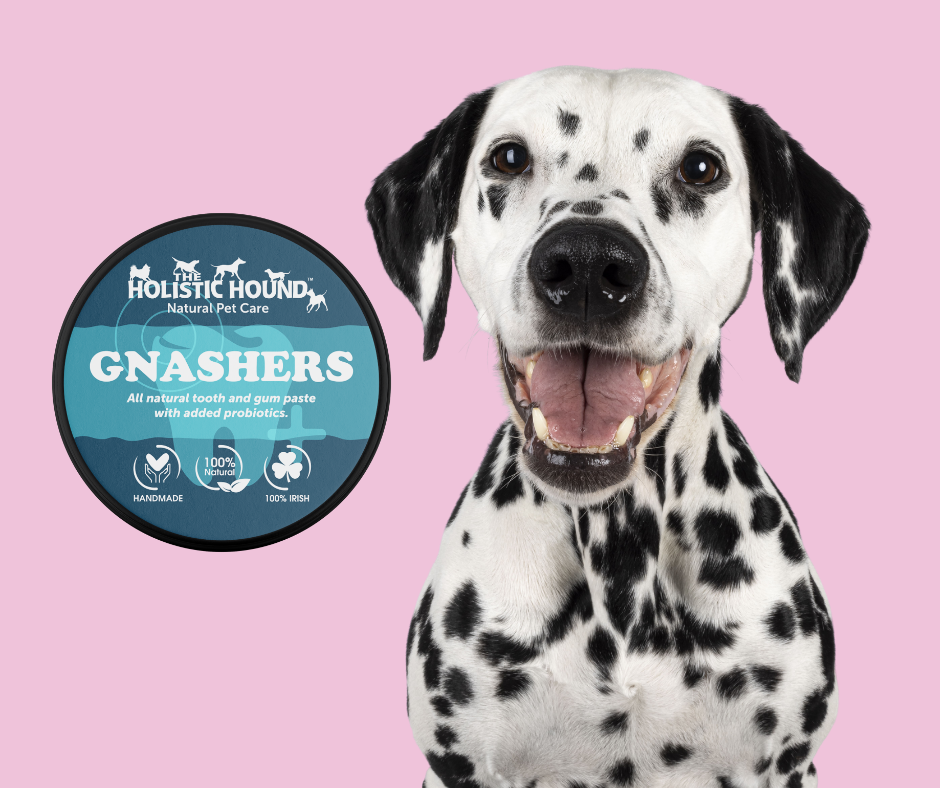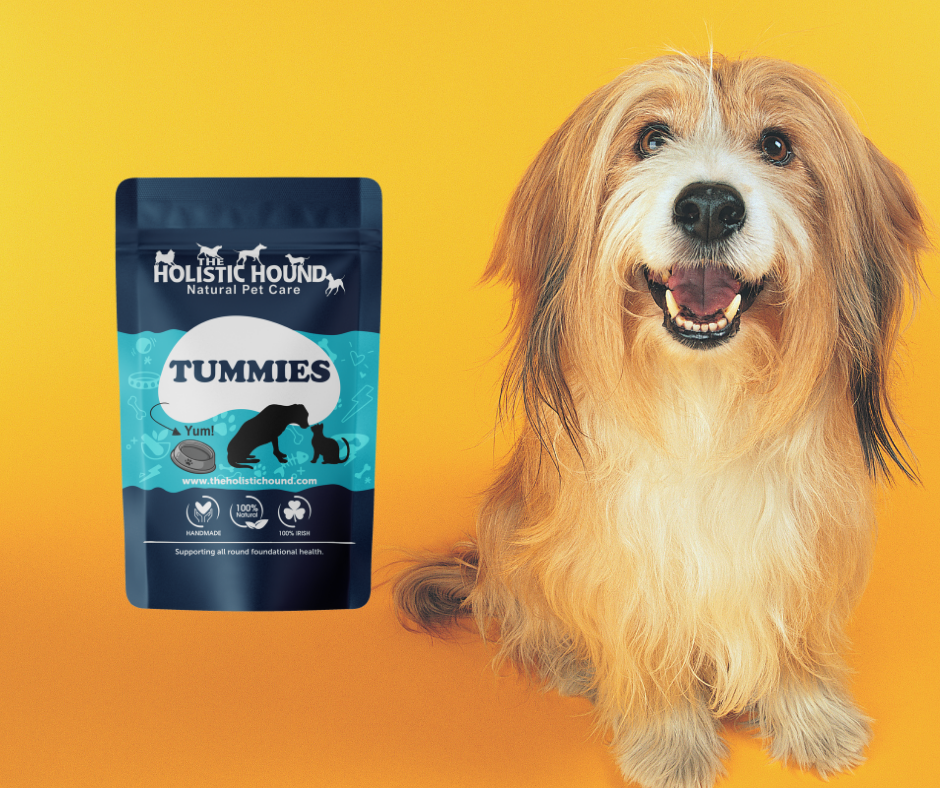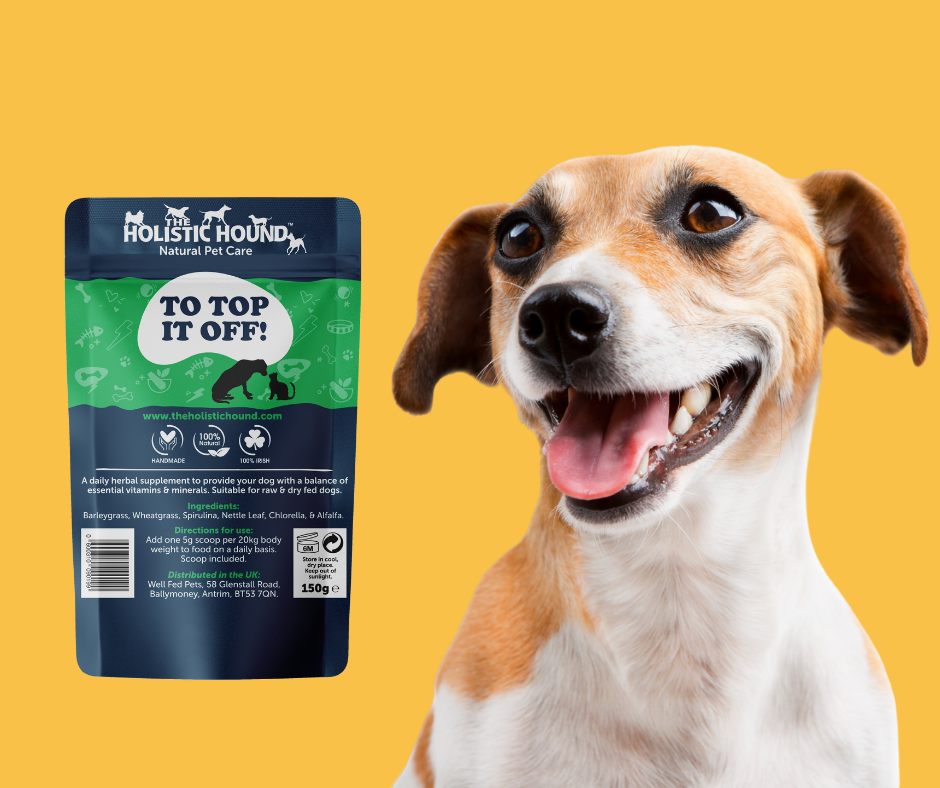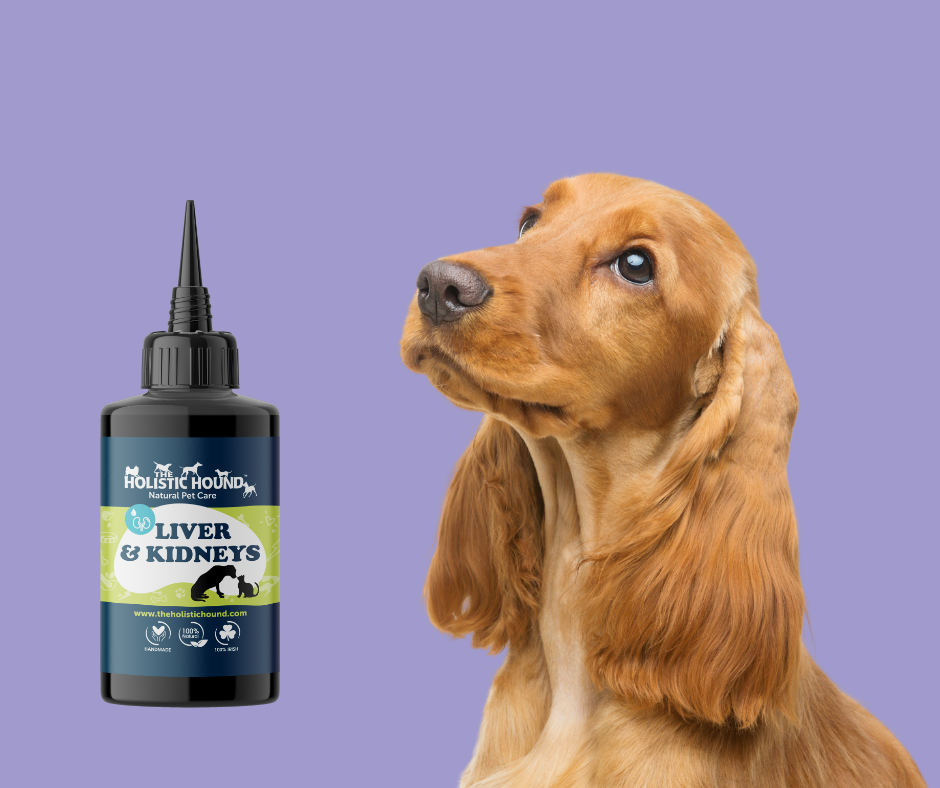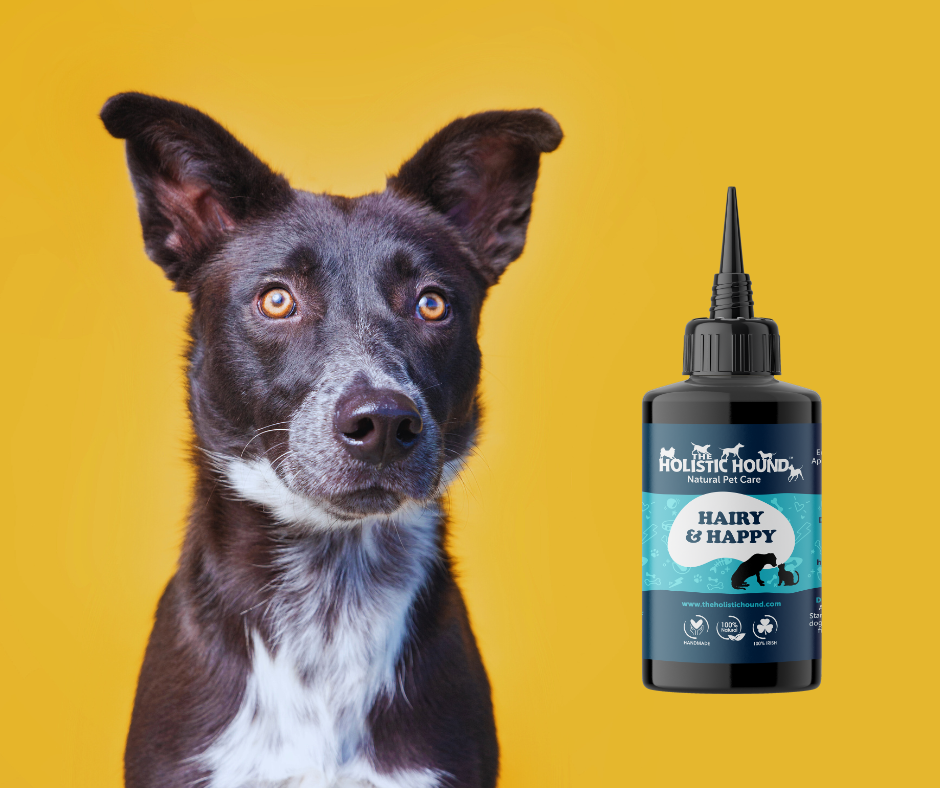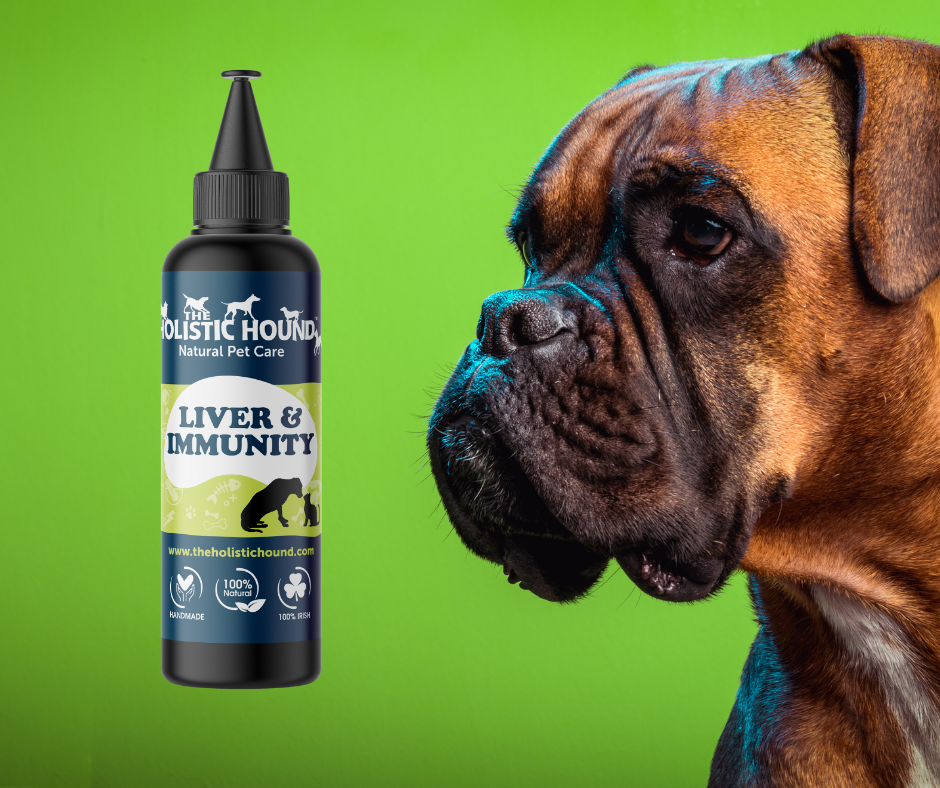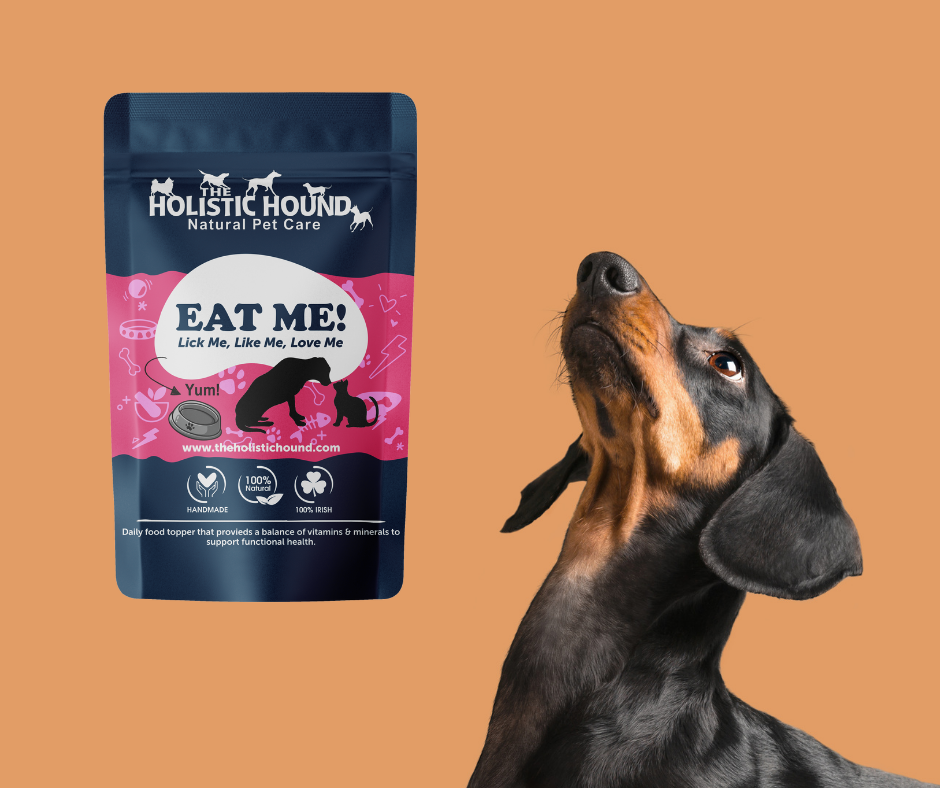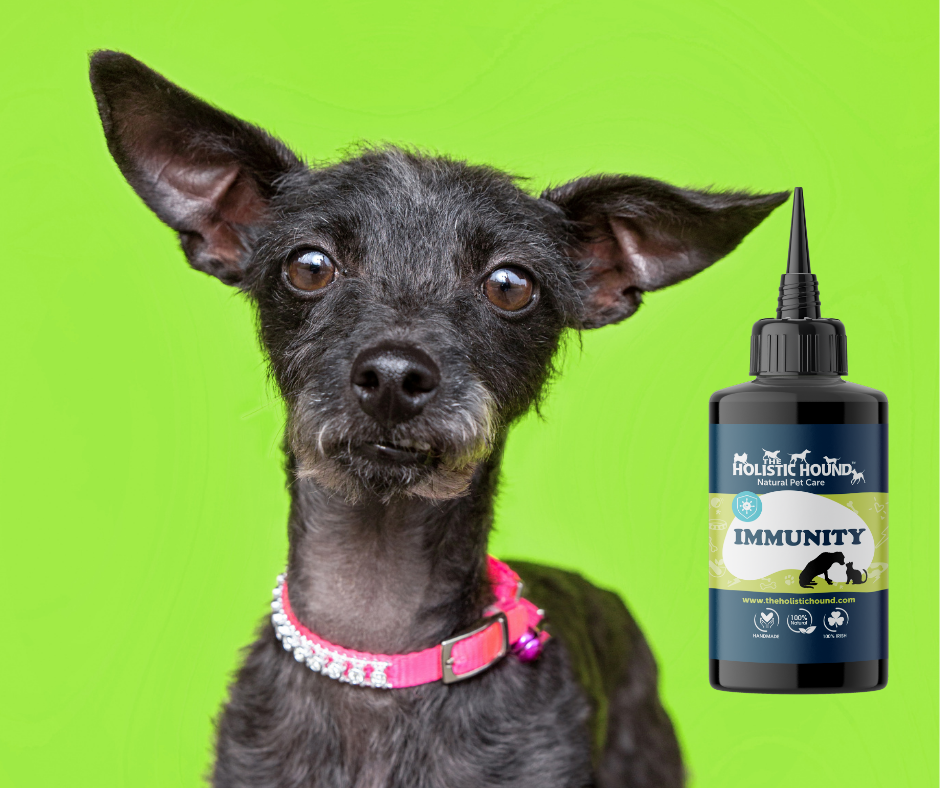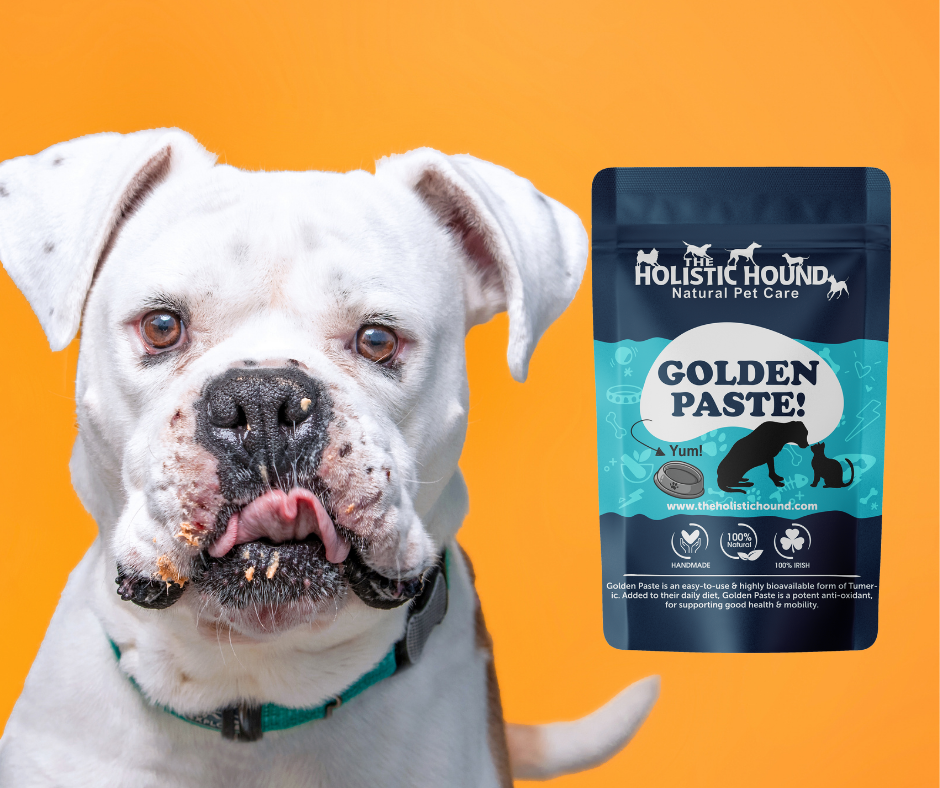
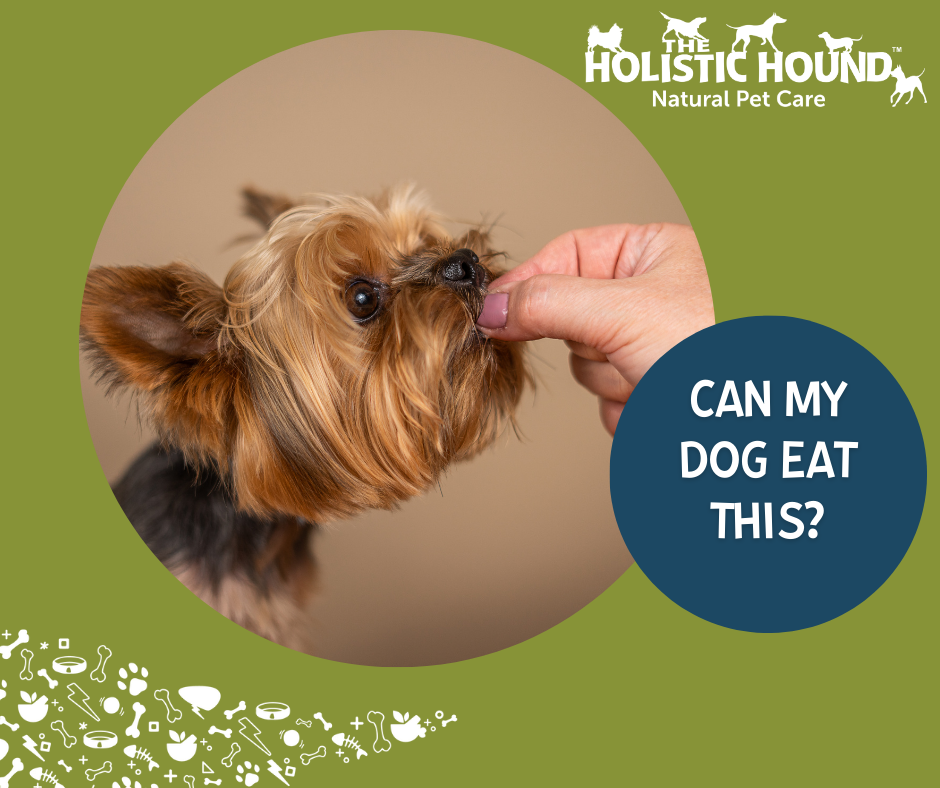
Can My Dog Eat This? - Berries
This is our latest post in the series covering foods that your dog can / should eat or avoid completely. We break it down into bitesize articles and will cover everything from artichokes to antelope! These are all extracts from Jo’s upcoming book called “Can My Dog Eat This?”
They come in all shapes and sizes - today, we’re talking about berries! Black, blue, red, cranberries, strawberries, raspberries, goji! Similar to vegetables, many fruits are good for your dog. When integrated properly into the diet they provide antioxidants, vital minerals and vitamins. Some of them also have additional health benefits as natural pain killers, anti-inflammatory agents and enzymes that support digestion. However, some fruit can be toxic, so it is important to check before giving them to your dog.

Fruits, like vegetables, are a good source of polyphenols; food for friendly gut bacteria that can help to produce your dog’s vitamins, protect his gut lining and help modulate his immune system, and produce healthy by-products like short-chain fatty acids.
Some polyphenols also help to stop the growth of bad gut bacteria. Fruits are potent free radical scavengers. Free radicals are a major cause of chronic inflammation.
Feeding fruits can really help combat oxidative stress caused by these free radicals. Because each fruit provides your dog with different health benefits, you should feed a variety of fruits (and vegetables). Berries are low fat, packed with antioxidants, and a good source of vitamins C and K, and can be a great addition to their diet as treats.
They should only be fed in moderation since their sugar content can cause stomach upset and diarrhoea. They can be fed fresh or frozen.
Caution: Blackberries and raspberries contain a small amount of naturally occurring xylitol, so do not feed too many of these as this can be toxic in large quantities. Do not give large amounts of cranberries as it can cause gastrointestinal discomfort. Avoid giving cranberry sauce, juice or dried cranberries as they have added sugar. Goji berries are high in vitamin A, riboflavin, iron, copper, and selenium. Goji berries imported from China may have high levels of insecticide and fungicide residue.
Berries that are NOT suitable for dogs:
- Gooseberries
- Holly
- Mistletoe
- Juniper Berries
If you are planting these or have them in your garden keep them fenced off from your furry pals. If you suspect your dog has eaten any of these, monitor them for any signs of gastric distress and then seek veterinary assistance.
Cherries
While a small quantity of cherry flesh may not cause issues, cherries should not be fed to dogs. Cherry flesh can cause intestinal discomfort. The pit, stem, and leaves all contain cyanide, which is poisonous and potentially lethal if consumed in high enough quantities.
Something to bear in mind if you have a cherry tree in the garden. If digested, the cherry pits can cause intestinal obstruction and blockages.
Fortunately, one or two cherries aren’t likely to cause any harm other than a mild reaction and possibly an upset stomach or diarrhoea.
However, if your dog ate a handful or more of cherries, watch them for signs of cyanide poisoning, such as trouble breathing, red gums and dilated pupils.
Cranberries
Either as berries or as a juice drink, cranberries contain anti-inflammatory and anti-microbial properties that can help stop and prevent the growth of harmful bacteria like E.coli, H. pylori, and other GI pathogens.
They can have positive effects on the urinary system, to soothe and treat urinary tract infections and as a long term preventive for kidney stones. Offer cranberries or juice in a bowl and let them choose if they would like it, but ensure you choose a pure cranberry juice extract with no added sugars. Do not let them drink or eat too much, even if they really like it, as it can cause tummy upset.
About these posts...
Well, a sea change is taking place in the world of pet nutrition. More and more owners are moving away from processed dry and tinned foods towards more natural, healthy diets for their pets. With this shift comes considerable confusion and misinformation. Are blackberries poisonous? Is garlic good or bad for dogs? What about avocado? There is an important distinction between what dogs can eat and what dogs should eat. As with humans, dogs need a balanced diet to thrive. These posts will hopefully give you a steer in the right direction!
